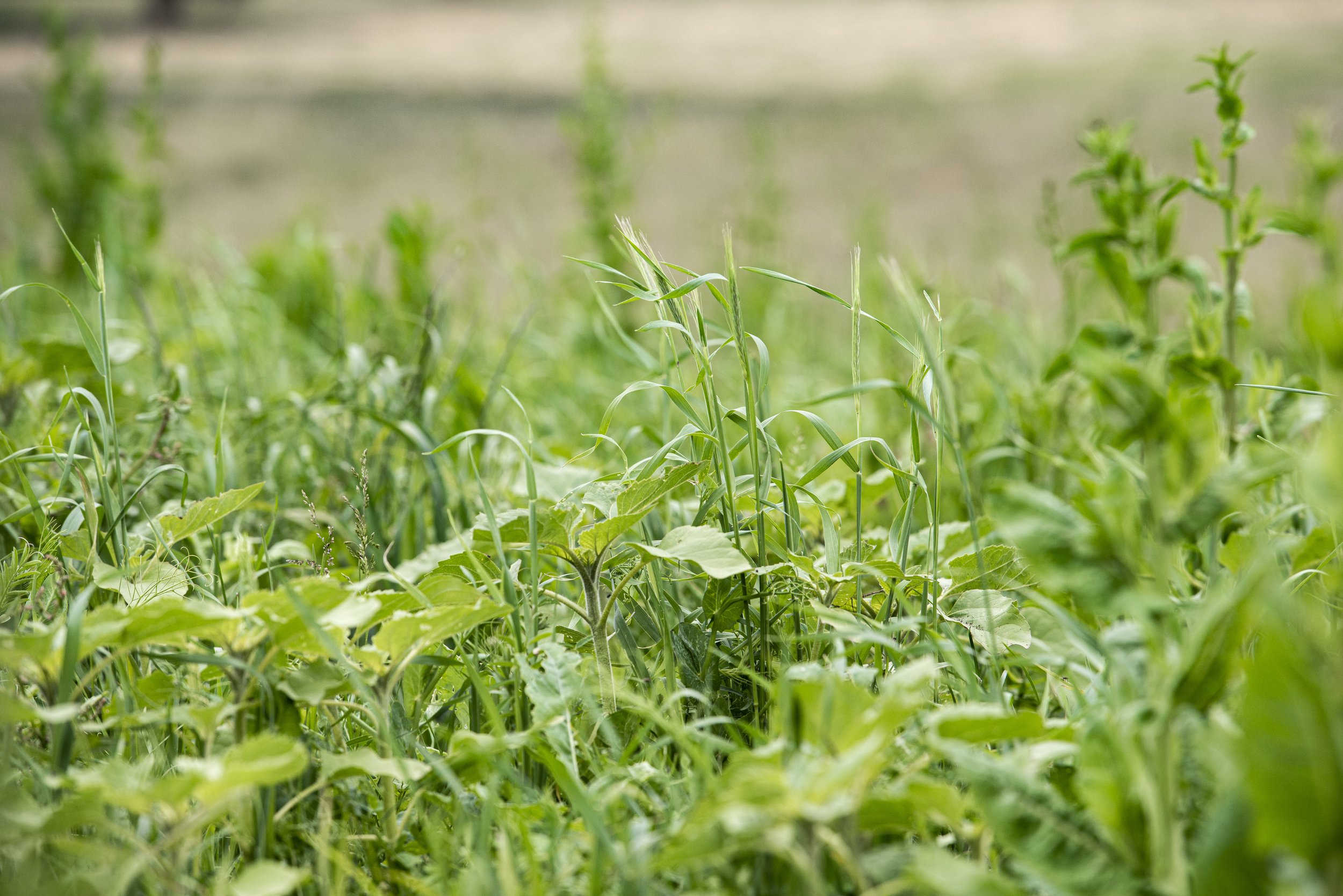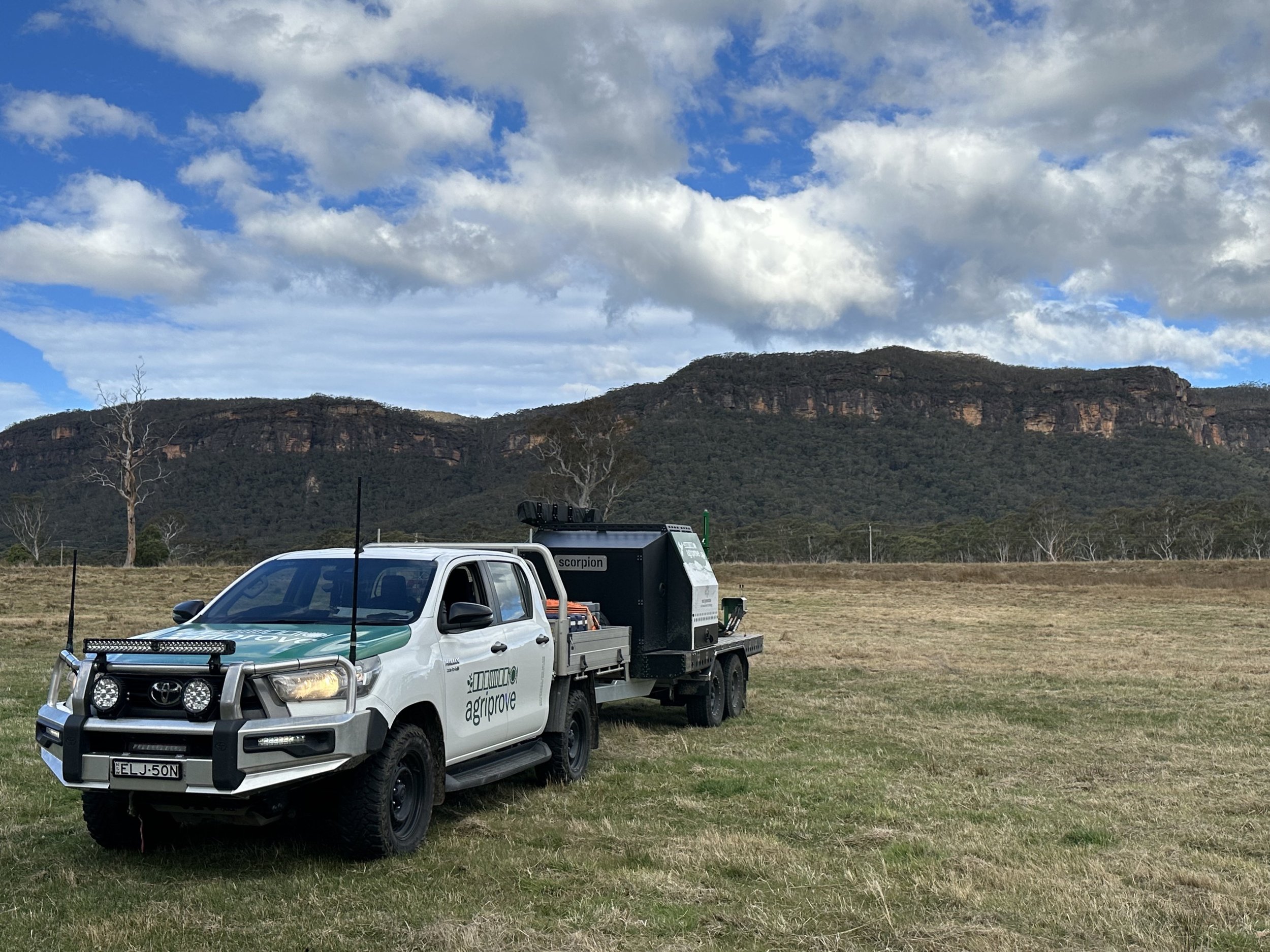Getting Started WITH YOUR SOIL CARBON PROJECT
there are essentially five steps to running a soil carbon project:
Step 1. Register your Project
This involves setting up an account with AgriProve, completing a Consent to Register form and describing and mapping how the project will be implemented in a land management strategy. AgriProve will create the maps for you to verify.
We fast track project registration by initially registering projects in our name and transferring the registration later, reducing upfront paperwork and providing flexibility for farmers. To get started the Consent to Register form needs signing by all landholders on project property titles. This form also acts as a management record of past activity.
The Consent to Register form gives us 18 months exclusivity and the legal right to register and operate the project for ACCU Scheme (previously Emissions Reduction Fund) purposes. However, the purchase of carbon credits is conditional upon meeting commercial terms of the agreement.
The main commitment is maintaining the land in an agricultural system for 25 years after first credit issuance. There is a 20 per cent discount of carbon credits issued, but this is seen as preferable to a one-hundred-year obligation.
To start your project it is recommended that you complete a soil carbon property assessment called a Carbon Ready Report. Click below to assess to receive a free assessment of your property.
Step 2. Soil Carbon Baseline Sampling
After contract signing and project registration, baseline soil sampling is carried out to establish existing soil carbon levels before the work to build carbon begins. We measure organic carbon down to one metre following audited sampling protocols. Subsequent soil samples are measured against this baseline to assess the extent of soil carbon sequestration and then carbon credit creation. Soil samples are sent to an accredited laboratory for testing.
Step 3. soil carbon Project Implementation
A new mechanism to build soil carbon must be implemented across the whole project area. Many techniques may be used to achieve this including:
Applying nutrients to the land in the form of a synthetic or non-synthetic fertiliser to address a material deficiency in the soil
Applying lime or other ameliorants to remediate acid soils
Applying gypsum to remediate sodic or magnesic soils
Re-establishing or rejuvenating pasture by seeding or pasture cropping
Altering the stocking rate, duration or intensity of grazing (or any combination of such activities) to promote soil vegetation cover or improve soil health, or both
Retaining stubble after a crop is harvested
Converting from intensive tillage practices to reduced or no tillage practices
Using legume species in cropping or pasture systems
Using cover crops to promote soil vegetation cover or improve soil health, or both.
Step 4. Measure
A soil carbon project under the ACCU Scheme (previously Emissions Reduction Fund) must be resampled a minimum of once every five years to remain active. This subsequent sampling is an important event as there is potential for Australian Carbon Credit Units (ACCUs) to be issued.
AgriProve has all projects in an annual assessment cycle to determine if re-sampling is worthwhile for all parties. It is possible that some projects will be sampled every 1-2 years and others less frequently. The annual assessment is conducted using sophisticated models to assess project performance according to plant health, ground cover and other factors. The results of this assessment will provide an indication on whether an increase in soil carbon is likely.
Please note that following baselining, all soil sampling costs are covered by AgriProve.
Step 5. Apply for Carbon Credits
Project reporting and application for carbon credits requires measured increases in soil carbon to be calculated, according to the method, and for carbon credits to be created.
Increases in soil carbon measured in subsequent testing rounds are “converted” into carbon credits through the completion of an offsets report, a project report and an application for carbon credits. AgriProve will manage these reports and applications for you.
Find out about the costs of your soil carbon project
Apart from any cost in implementing your new project activities, costs incurred by you will be for soil sampling:
At AgriProve, we offer a no upfront cost option for soil baseline sampling. By offering landholders a deferred payment in which landholders can repay for sampling costs when carbon credits are issued.
Baseline soil carbon tests occur shortly after project registration is complete. The cost per farm depends on the size of the property.
A carbon project is audited. There is an audit cost however, the audit cost will be covered by AgriProve.



